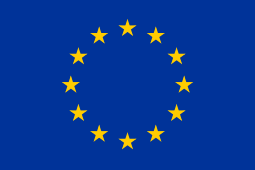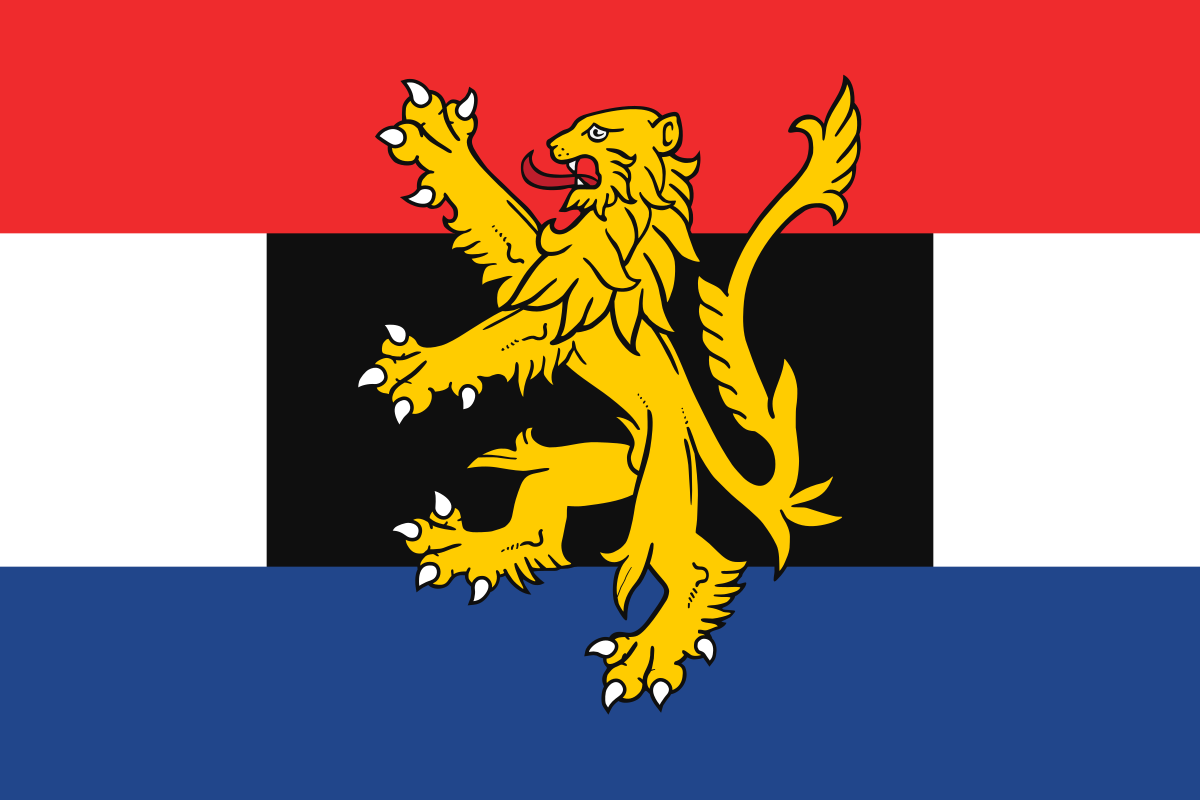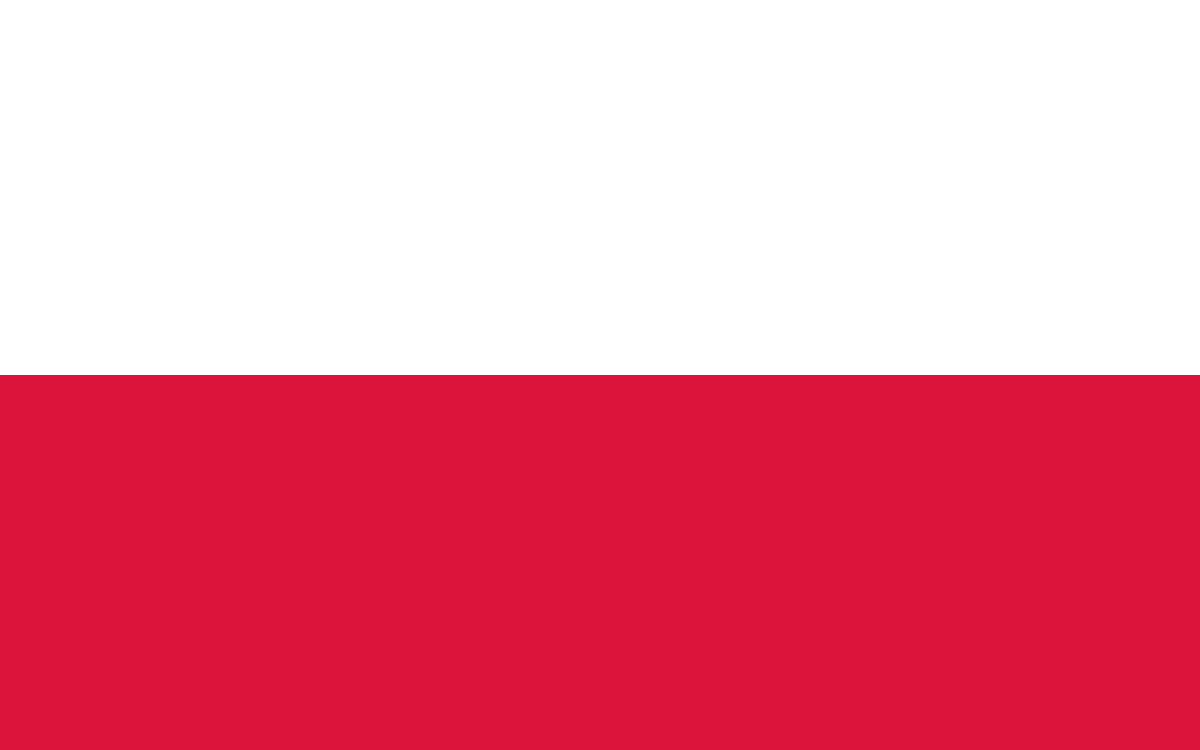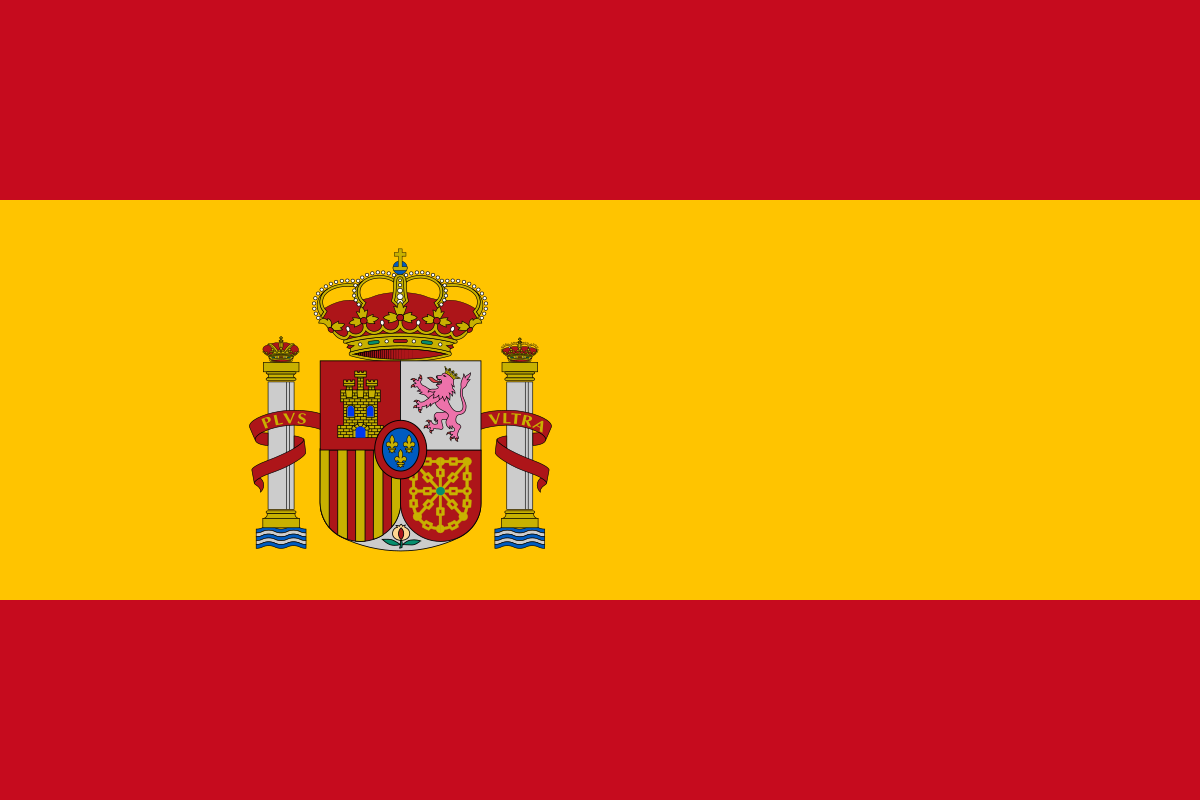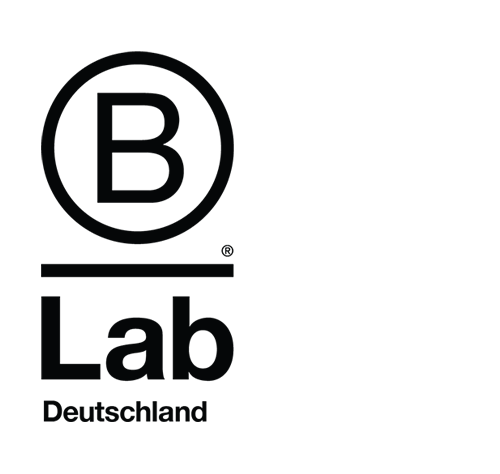Projecter: Family-friendly and equal opportunity in the creative industry
In an industry full of stress and overtime, Projecter focuses on a work environment that unites family and career. Flexible working hours, daycare subsidies, and transparent salaries promote true equality and balance.

Projecter demonstrates how career and family can go hand in hand in marketing.
In the marketing industry, stress and overtime are often the norm, posing a significant challenge, especially for employees with young families. For 17 years, Projecter has consciously focused on creating a work environment that promotes the balance between family and career, particularly for women, and stands out clearly from typical industry standards.
Our industry thrives on creative, ambitious talent who are often in a life stage where they must simultaneously navigate starting their careers, building their professional paths, and founding families. Placing additional burdens on these employees through excessive job demands contradicts our philosophy.
Our goal is to create a work environment that nurtures and challenges, while respecting individual needs for a healthy balance between private life and career. Concrete measures that underpin our sustainable and future-oriented HR policy include:
- 50% of management positions are held by women.
- Over 50% of middle management positions are also held by women.
- Promotions are granted even immediately before parental leave begins.
- Managers and all employees have the option to work part-time.
- Daycare fees are subsidized with up to €150 per month.
- Our vacation policy includes 30 regular vacation days plus 10 additional days for more family time and to cover daycare closures or school holidays.
- Flexible working hours and home office options.
- Flexible arrangements for children’s illnesses.
- We track and transparently communicate the internal gender pay gap, which currently slightly favors female employees.
With these measures, we not only send a clear message for equal opportunities and family-friendly working conditions but also set standards that can serve as a model for other companies in our industry.


